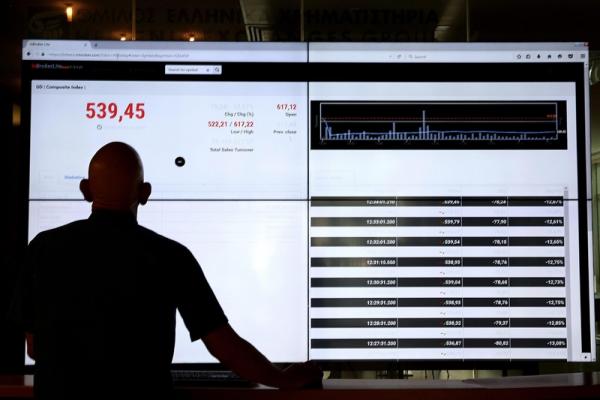Why focusing on secular growth trends can make sense
In an increasingly complex and interconnected global economy, traditional investment strategies centered on benchmarks and indices are being challenged by more dynamic approaches that emphasize secular growth trends.
Analysts at UBS Global Research suggest that thematic equity investing, which shuns the traditional benchmark-driven model in favor of a focus on long-term secular growth trends, offers a compelling alternative for investors seeking to navigate the uncertainties of the modern world.
Understanding secular growth trends
Secular growth trends are long-term, transformative shifts in the global economy and society. These trends, often referred to as megatrends, include technological advancements, demographic changes, and shifts in environmental sustainability.
Unlike cyclical trends that fluctuate with the economic cycle, secular trends are persistent and driven by fundamental changes in society.
These include the rise of artificial intelligence (AI) and robotics, innovative healthcare, climate solutions, and the ongoing evolution of energy infrastructure.
The power of megatrends in a complex world
As per UBS Global Research, focusing on secular growth trends can be particularly advantageous in today's complex and rapidly changing world. The COVID-19 pandemic, geopolitical tensions, and the shifting global order have all highlighted the limitations of globalization and exposed the vulnerabilities in supply chains and national security.
As countries increasingly prioritize national interests and seek to bolster their economic resilience, megatrends such as AI, renewable energy, and healthcare innovation are likely to drive future growth and investment opportunities.
For instance, the rapid development of AI and robotics is transforming industries beyond manufacturing, including agriculture, logistics, and healthcare. These technologies are becoming more affordable, easier to use, and increasingly integrated into various sectors, making them critical drivers of future economic growth.
Similarly, the push for climate solutions, spurred by the urgent need to address climate change, is reshaping industries and creating new investment opportunities in renewable energy, energy-efficient technologies, and sustainable infrastructure.
Secular growth as a hedge against uncertainty
Investing in secular growth trends offers a way to hedge against the uncertainties of the economic cycle and the unpredictable impact of short-term events. While economic cycles, political shifts, and market volatility can disrupt traditional investment strategies, the long-term nature of secular growth trends provides a stable foundation for portfolio construction.
By focusing on industries and sectors poised to benefit from these enduring trends, investors can position themselves to capture sustained growth over time.
UBS analysts note that while the short-term outlook for some sectors may be challenging due to factors like geopolitical conflicts or rising interest rates, the underlying strength of secular trends remains intact.
For example, despite the temporary setbacks in clean energy investments due to geopolitical events, the long-term imperative to transition to a low-carbon economy continues to drive innovation and create new opportunities.
The need for selective investing
However, UBS Global Research cautions that successful thematic investing requires a deep understanding of the industries and technologies involved.
As legacy incumbents struggle to adapt to these disruptive changes, new entrants and innovators are likely to emerge as the winners of tomorrow. Investors must be highly selective, identifying the companies best positioned to capitalize on these trends while avoiding those that may be left behind.
The key to unlocking the potential of secular growth trends lies in recognizing the fundamental shifts occurring in the global economy and aligning investment strategies accordingly.
Source: Investing.com
